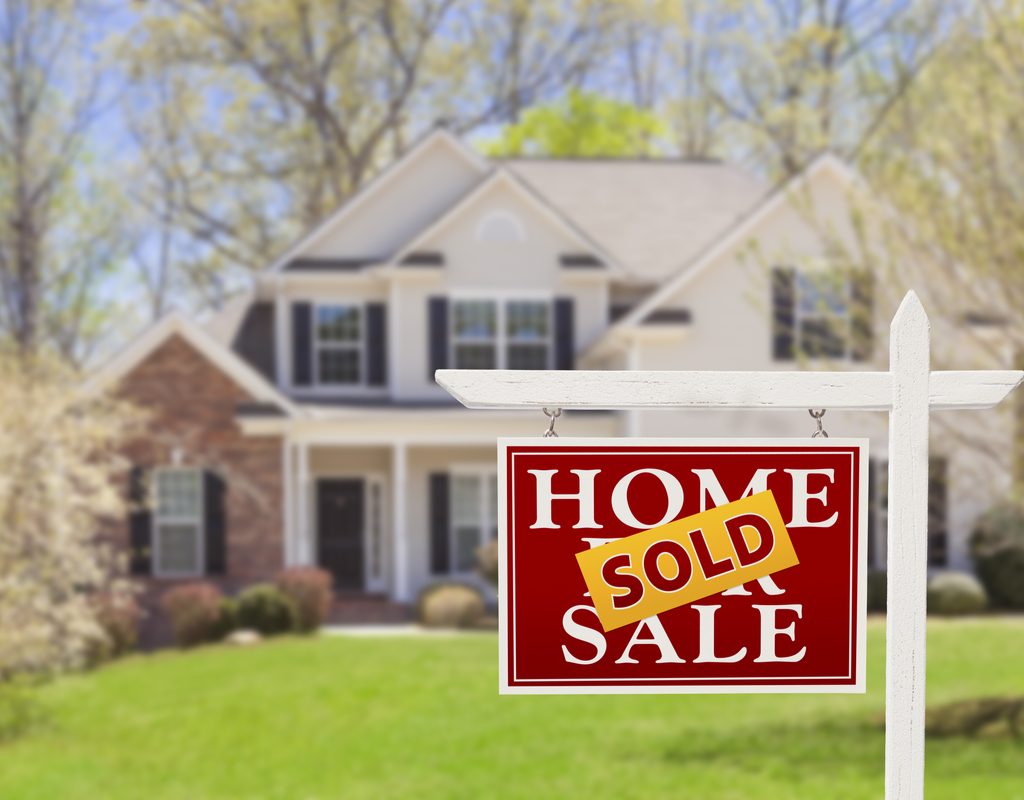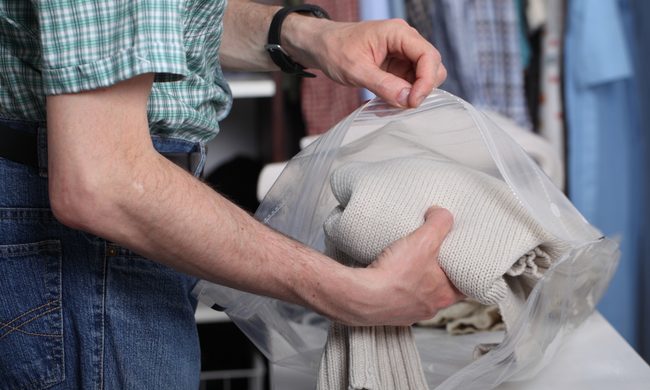The housing market is absolutely booming — bidding wars are the norm, houses are selling as fast as they get listed, and lines for open house events snake all the way across the block. If you’ve been thinking about listing your house or are in the market to buy, understanding what’s behind this current real estate volatility could spell the difference between a real estate win or an unfortunate loss.

3 big reasons why the real estate market is booming
1. Too many buyers, not enough houses
The supply/demand ratio is very skewed currently, with way more buyers clamoring for homes than there are homes available to purchase. In fact, the housing supply hit record lows, leading to the average home price hitting record highs. Although it may seem that this is a new phenomenon over the past year or two, the market has been on this trajectory across the nation for more than a decade following the 2008 housing crisis.
Adding to the crisis, over 45 million Americans will reach the median first-time buyer age within the next decade, stretching the already razor-thin supply of ‘starter homes’ available for purchase.
And then, there is FOMO — the fear of missing out. There’s a genuine concern among many prospective buyers that this could be their best opportunity to buy, and sellers fear missing out on getting the maximum price for their home.
2. Record low mortgage rates
As if the off-kilter supply/demand ratio isn’t enough, there are also record-low mortgage rates. This only further exacerbates the number of people who can afford a home — to put it simply, it’s almost like homes are on sale. Even though list prices are much higher than they were five or ten years ago, mortgage rates have fallen drastically within the same time frame. In fact, interest rates are so low, it often costs less to pay a mortgage than it does to rent (of course, provided you have the money for a down payment).
While low-interest rates and plenty of desperate buyers contributed to the Great Recession in 2008, there’s (so far) little reason to believe the current bubble will pop. Now, there are more stringent policies on mortgage lending, preventing people from signing predatory loans they can’t afford.
3. Rising incomes
Housing prices are higher for sure, but so are incomes. Demand for housing is often tied to income, so with nationwide economic growth and rising incomes comes more buyers with the financial ability to spend more on houses, thereby increasing demand and pushing up prices. Adding to this perfect storm, the median household income in the United States has risen 10% since 2000, giving potential home buyers more money to spend.

The COVID factor
Any story about this housing market would be incomplete without including the COVID factor. When the pandemic hit in March 2020, millions of Americans began working their jobs remotely, many for the very first time. And, it worked. Corporations saw a seamless transition to a remote workforce, and in some cases, increased productivity among workers.
Some companies have already told workers that this remote-based style of working will continue in the post-pandemic world, opening up the possibility for employees to live anywhere. Imagine working for a big tech company in California while enjoying the peace and tranquility of living in the mountains of Colorado. Think about skipping the hectic commute of Washington D.C. and working remotely from a beach town in North Carolina. The exodus from the cities was dramatic as commuting times no longer restricted residency locations. Rental rates in New York City, for example, have dropped 21.1% since January 2020.
In addition, social distancing and quarantining for months and months gave Americans a new appreciation for the home. Many realized they wanted more square footage of livable space, a home office perhaps, and an outdoor refuge. Having a comfortable, spacious home became a real luxury in a time when many were prohibited from being anywhere else.
Over time, the housing market, like all others, tends to fluctuate. While we are in an especially strong seller’s market, it won’t last forever, so if you’re considering selling your house, there’s never been a better time to list it. That being said, consider that though you will sell for top dollar, you’ll also need to buy at top dollar. If you’re currently in a high taxed, high priced region of the country, consider saving a little money and relocating to lower-taxed states with more affordably priced homes.


